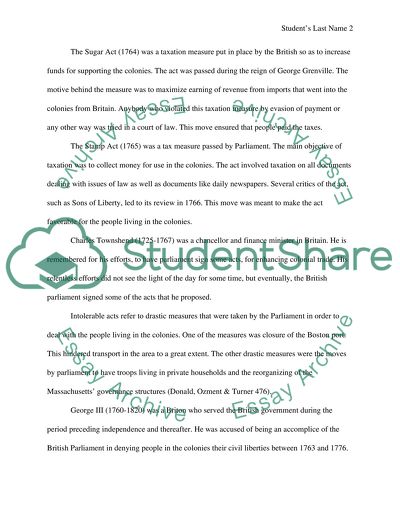Cite this document
(“Modern Age Europe 1348-1789 Phase Definition 2 Essay”, n.d.)
Modern Age Europe 1348-1789 Phase Definition 2 Essay. Retrieved from https://studentshare.org/history/1402505-modern-age-europe
Modern Age Europe 1348-1789 Phase Definition 2 Essay. Retrieved from https://studentshare.org/history/1402505-modern-age-europe
(Modern Age Europe 1348-1789 Phase Definition 2 Essay)
Modern Age Europe 1348-1789 Phase Definition 2 Essay. https://studentshare.org/history/1402505-modern-age-europe.
Modern Age Europe 1348-1789 Phase Definition 2 Essay. https://studentshare.org/history/1402505-modern-age-europe.
“Modern Age Europe 1348-1789 Phase Definition 2 Essay”, n.d. https://studentshare.org/history/1402505-modern-age-europe.


